Collagen has become a buzzword in health and wellness circles, and for good reason. This vital protein plays a crucial role in supporting your skin, joints, and connective tissues, and many people are turning to the collagen diet to naturally boost their body’s collagen production.
But what exactly is a collagen diet, how does it work, and is it right for you? In this article, we’ll dive into everything you need to know about the collagen diet, including its benefits, best food sources, and how to incorporate it into your lifestyle.
What is Collagen and Why is it Important?
Collagen is the most abundant protein in the human body, making up about 30% of its total protein content. It serves as the primary building block for skin, hair, nails, bones, muscles, tendons, and ligaments. Think of collagen as the glue that holds your body together, providing structure, strength, and elasticity.
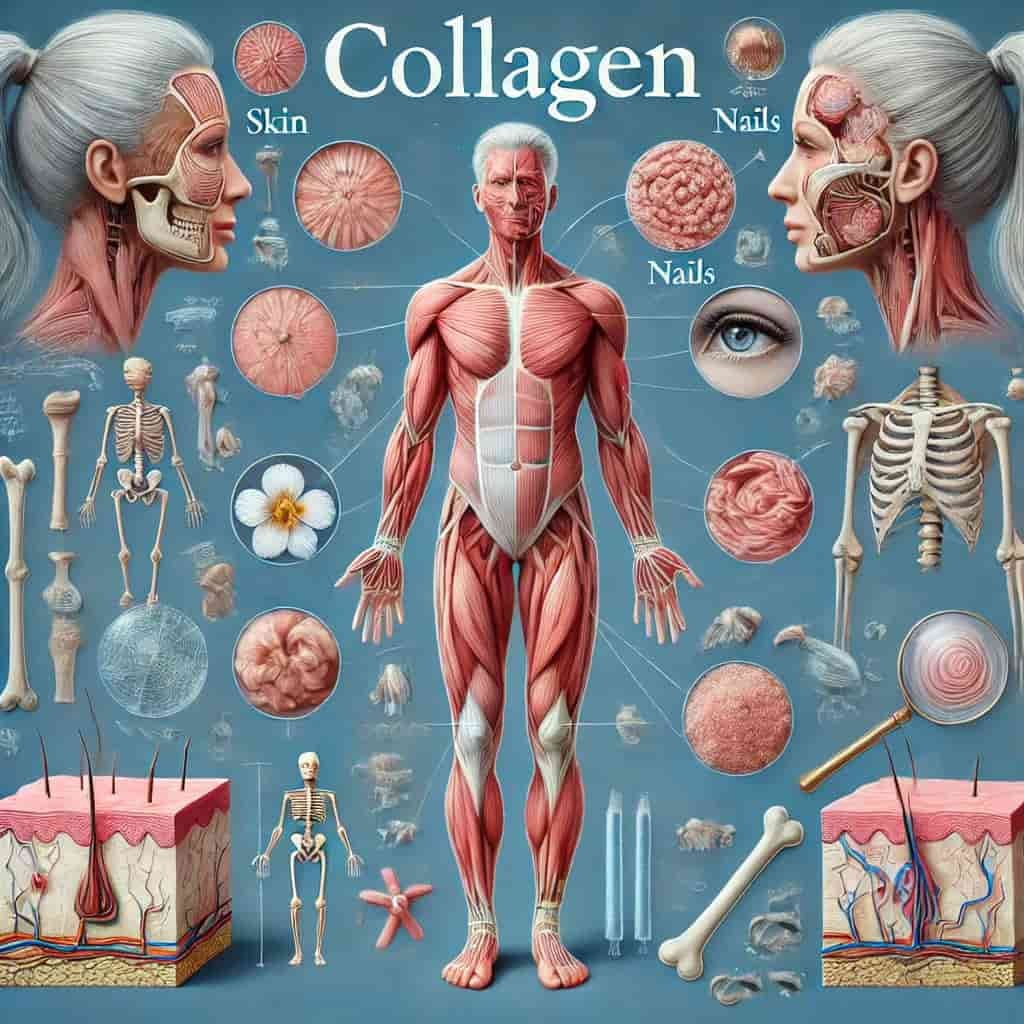
As we age, our body’s natural collagen production begins to decline, which can lead to visible signs of aging, such as wrinkles, sagging skin, and joint discomfort. Check out our review for MEVY Diet.
Other factors, like excessive sun exposure, smoking, and poor diet, can further speed up the breakdown of collagen. That’s why many people are now looking for ways to support collagen production through their diet.
The Collagen Diet: What Does it Involve?
The collagen diet focuses on consuming foods that are rich in collagen or help promote the body’s natural production of it. While collagen supplements are widely available, the collagen diet emphasizes whole, nutrient-dense foods to provide the building blocks your body needs to produce more collagen.
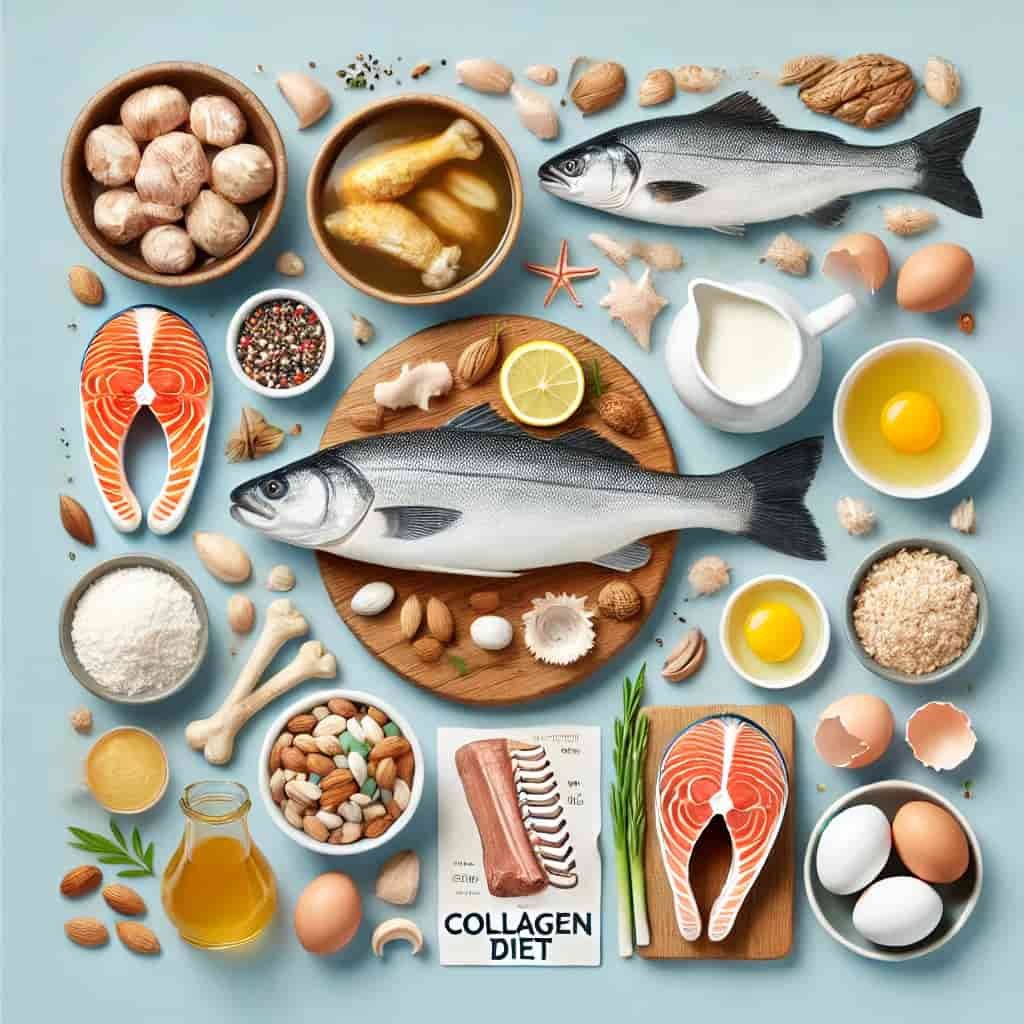
The main goal of this diet is to support your skin’s elasticity, maintain joint health, and promote overall vitality. By incorporating collagen-rich foods, along with nutrients like vitamin C, zinc, and copper (which are essential for collagen synthesis), you can enhance your body’s natural collagen production.
Top Benefits of the Collagen Diet
There’s a reason why so many people are embracing the collagen diet—it offers a variety of benefits for both your appearance and overall health. Here are some of the top benefits:
Healthier, More Youthful Skin
Collagen plays a crucial role in maintaining your skin’s structure and elasticity. By boosting collagen levels, you can reduce the appearance of wrinkles, improve skin hydration, and promote a more youthful, radiant complexion. Check out our review for Paleo Diet.

Stronger Joints and Bones
As the primary protein in connective tissues, collagen is essential for joint and bone health. A collagen-rich diet can help reduce joint pain and stiffness, making it especially beneficial for those with arthritis or athletes who place a lot of stress on their joints. Check out our review for DASH Diet.
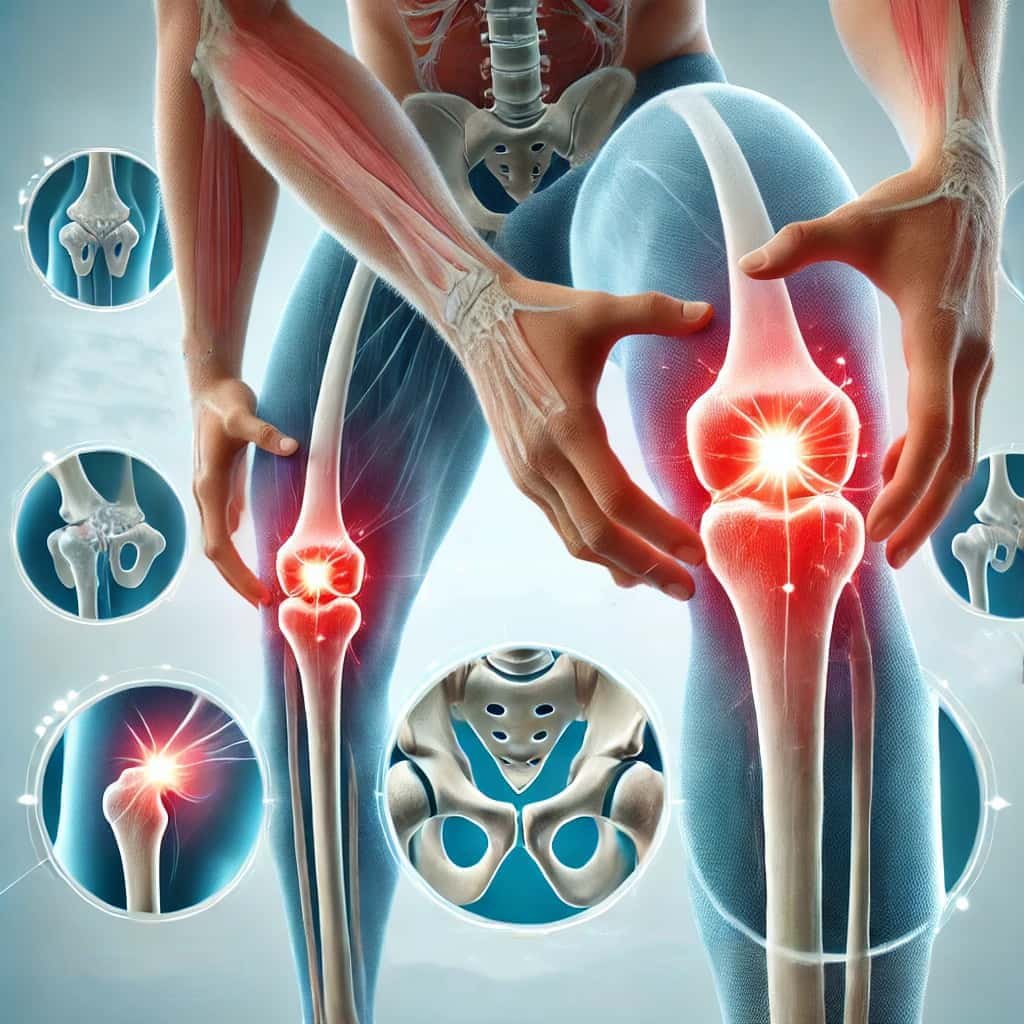
Improved Gut Health
Collagen contains amino acids like glycine and glutamine, which are known to support the lining of your gut. By improving gut health, a collagen-rich diet may help with digestive issues and promote better nutrient absorption. Check out our review for Ayurvedic Diet
Stronger Hair and Nails
Increased collagen intake can also contribute to stronger, healthier hair and nails. If you struggle with brittle nails or thinning hair, adding more collagen to your diet may help strengthen them over time.
Faster Muscle Recovery
Collagen is important for muscle tissue, too. Athletes and fitness enthusiasts can benefit from the amino acids in collagen, which support muscle repair and recovery after workouts.
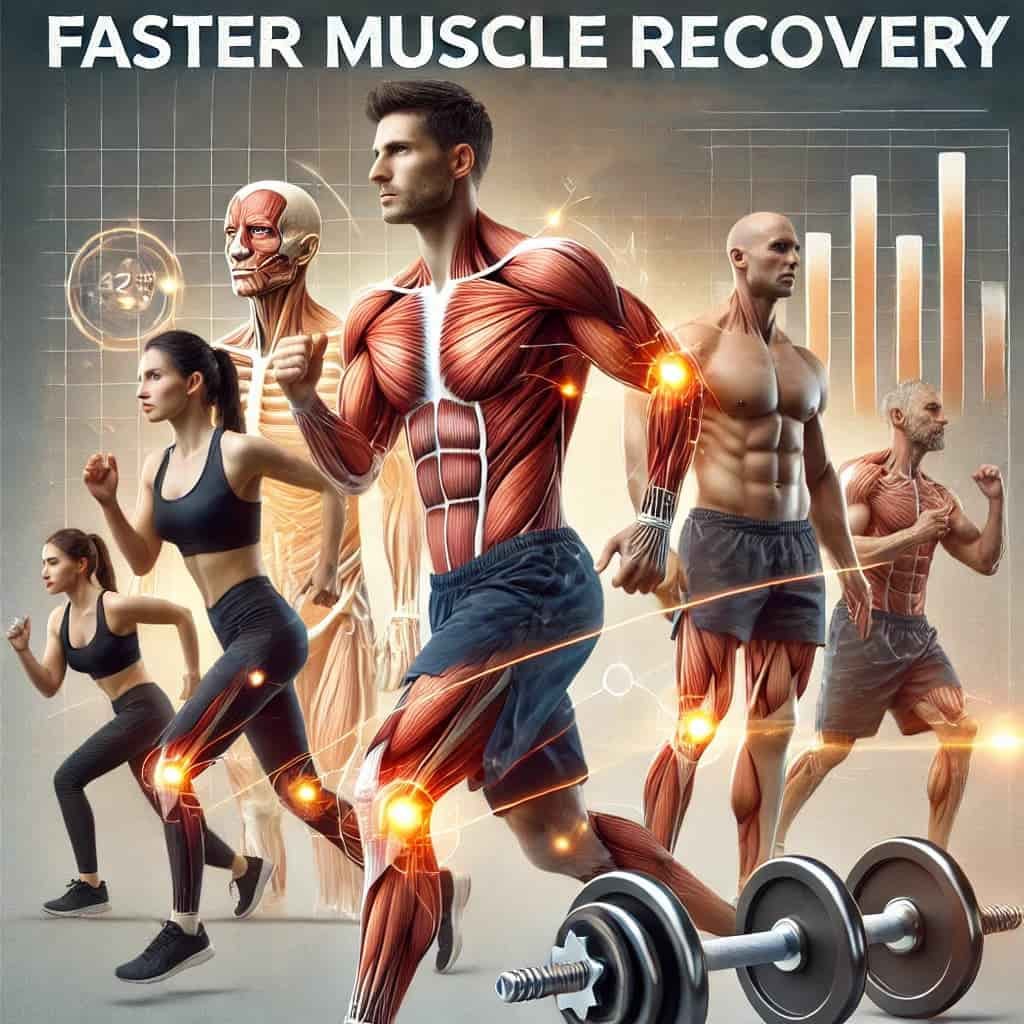
Foods to Eat on the Collagen Diet
The collagen diet revolves around eating both collagen-rich foods and those that promote collagen production. Here’s a breakdown of the best foods to include in your meals:
Collagen-Rich Foods
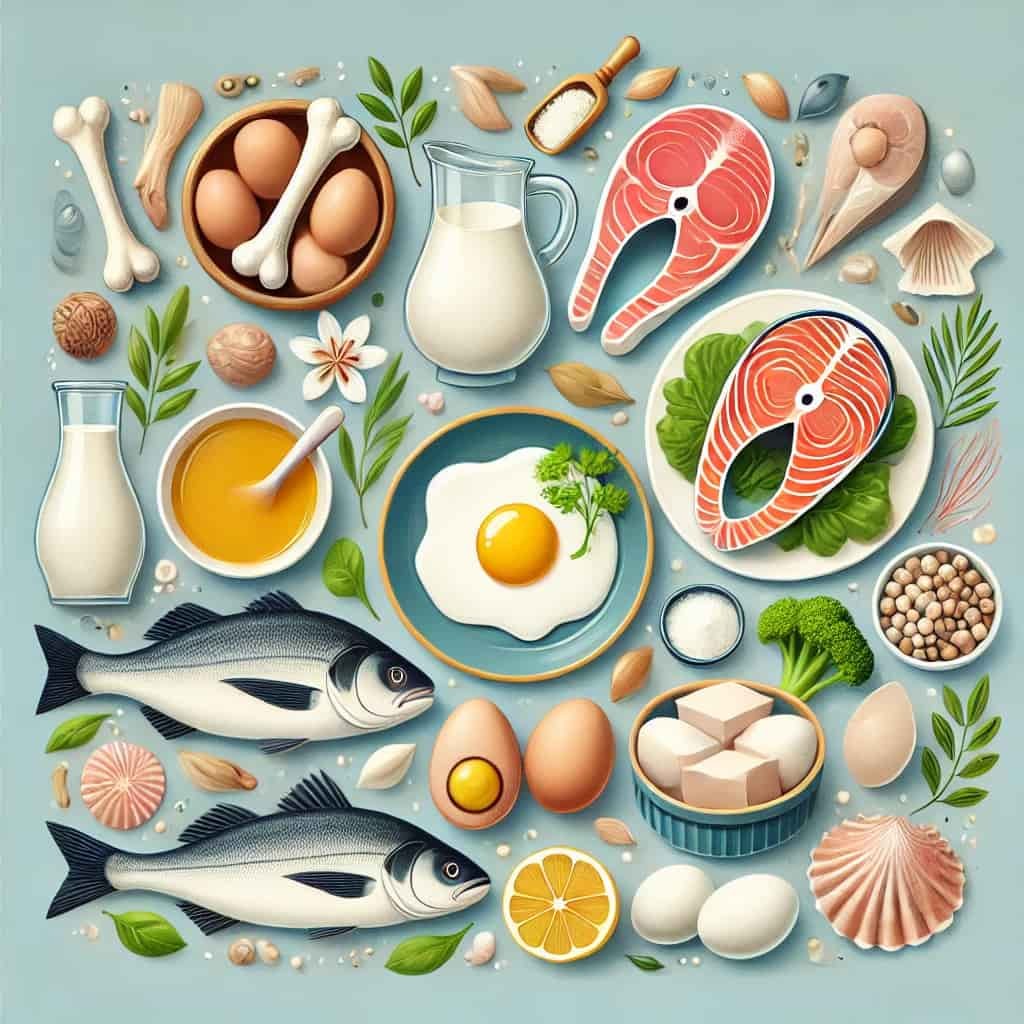
These foods contain collagen naturally and can help you boost your intake directly:
- Bone Broth: One of the richest sources of collagen, bone broth is made by simmering animal bones (like chicken, beef, or fish) to extract the collagen.
- Chicken: Chicken contains high amounts of connective tissue, making it an excellent source of collagen.
- Fish and Shellfish: Marine collagen, found in fish and shellfish, is easily absorbed and has been linked to improved skin health.
- Egg Whites: Egg whites contain proline, an amino acid necessary for collagen production.
Foods that Promote Collagen Production
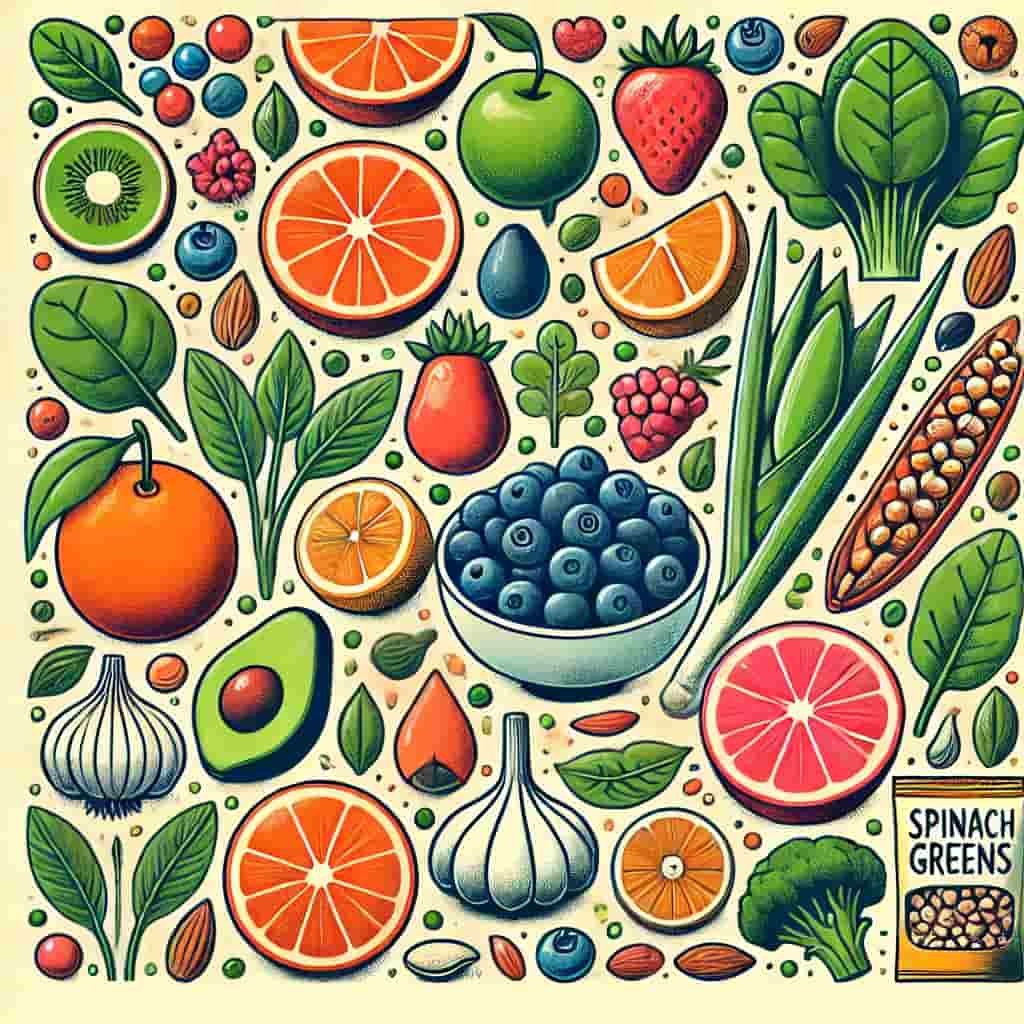
These foods provide nutrients like vitamin C, zinc, and copper, which are necessary for collagen synthesis:
- Citrus Fruits: Oranges, lemons, and grapefruits are high in vitamin C, a crucial nutrient for collagen production.
- Berries: Blueberries, strawberries, and blackberries are packed with antioxidants and vitamin C.
- Leafy Greens: Spinach, kale, and Swiss chard provide a range of vitamins and minerals that support collagen production.
- Garlic: Garlic is rich in sulfur, a mineral that helps the body produce collagen and prevent its breakdown.
- Nuts and Seeds: Almonds, sunflower seeds, and pumpkin seeds contain zinc, which helps boost collagen production.
Sample Meal Plan for a Collagen Diet
If you’re curious about how to start incorporating collagen into your meals, here’s an example of a one-day meal plan that follows the collagen diet:
| Meal | Food |
|---|---|
| Breakfast | Scrambled eggs (with egg whites), spinach, and a side of fresh berries |
| Lunch | Chicken salad with mixed greens, avocado, and citrus dressing |
| Snack | Handful of almonds and a piece of dark chocolate |
| Dinner | Grilled salmon, steamed broccoli, and a small bowl of bone broth |
| Dessert | Greek yogurt with a sprinkle of chia seeds and a drizzle of honey |
This meal plan provides a balance of collagen-rich foods like eggs, chicken, and bone broth, as well as collagen-boosting ingredients like leafy greens, nuts, and berries. Check out our review for 1200-Calorie Diet.
Supplements: Should You Consider Collagen Powders or Pills?
While the collagen diet focuses on whole foods, collagen supplements (in the form of powders, pills, or drinks) are a popular way to boost your intake.
Collagen supplements are usually derived from animal sources, such as bovine (cow), chicken, or marine collagen, and they can be easily mixed into smoothies, soups, or water.
Are Collagen Supplements Effective?
Studies have shown that collagen supplements may improve skin elasticity, reduce joint pain, and strengthen hair and nails. However, it’s important to choose high-quality supplements from reputable brands. If you decide to use supplements, make sure they are free of additives and unnecessary fillers.
Potential Downsides of the Collagen Diet
Like any dietary plan, there are a few things to keep in mind if you’re considering the collagen diet:
- Allergies or Dietary Restrictions: Collagen comes from animal sources, so it’s not suitable for vegetarians or vegans. Additionally, people with fish or shellfish allergies need to avoid marine collagen.
- Quality of Collagen: Not all collagen supplements are created equal. Be sure to choose products that are sourced from high-quality animals or fish, and avoid those with unnecessary additives.
- Balance: A collagen-rich diet should still include a variety of foods. While collagen is important, it’s essential to maintain a balanced diet with plenty of fruits, vegetables, whole grains, and healthy fats.
Conclusion: Is the Collagen Diet Right for You?
The collagen diet is an excellent way to support your body’s natural collagen production, promoting healthier skin, stronger joints, and overall vitality.
By focusing on collagen-rich foods and those that enhance collagen synthesis, you can reap the benefits of this essential protein naturally. Whether you choose to follow the diet through whole foods or add collagen supplements into your routine, it’s a holistic approach that can help improve your well-being from the inside out.
FAQs About the Collagen Diet
What is the best source of collagen in food?
Bone broth is considered one of the richest natural sources of collagen, followed by chicken, fish, and egg whites.
Can collagen supplements improve skin health?
Yes, studies suggest that collagen supplements may help improve skin elasticity, hydration, and reduce wrinkles.
Is the collagen diet suitable for vegetarians or vegans?
Collagen is derived from animal sources, so it is not suitable for vegetarians or vegans. However, vegans can focus on collagen-boosting foods rich in vitamin C and other nutrients.
How long does it take to see results on the collagen diet?
Results may vary, but many people report noticeable improvements in their skin and joint health within 4-8 weeks of following a collagen-rich diet or taking supplements.
Do I need to take collagen supplements on a collagen diet?
Not necessarily. You can get plenty of collagen from food sources like bone broth and chicken. However, supplements can be a convenient way to increase collagen intake.